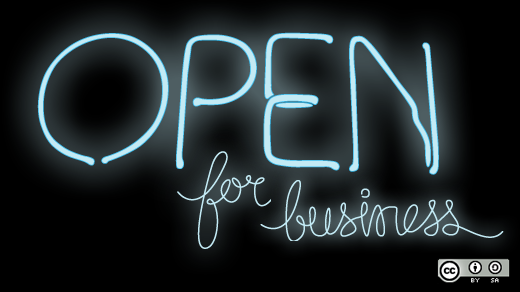Open source software has come a long way since the Open Source Initiative was founded in February 1998. Back then, the thought of releasing source code anyone could change scared many commercial software vendors. Now, according to Red Hat's 2019 State of Enterprise Open Source survey, 99% of IT leaders say open source software plays at least a "somewhat important" role in their enterprise IT strategy.
Open source principles play an equally key role in business intelligence (BI). Gartner's Magic Quadrant for Data Science and Machine Learning said the market is in the midst of a "big bang" that's redefining the "who" and "how" of data science and ML. In this report (available for clients), the authors cite open source software as one reason for the growth of citizen data scientists—"'power users' who can perform both simple and moderately sophisticated analytical tasks that would previously have required more expertise."
What is open source BI software?
Open source business intelligence (BI) software helps users upload, visualize, and make decisions based on data that is pulled from several sources. Like all open source software, its source code is public. That's because the copyright holder allows anyone to review, revise, and run the software at any time, for any reason. These benefits extend to users and non-users alike.
BI involves turning data into insights that help your business make better decisions. This type of software allows users to pull data from a range of sources, then share it with colleagues and clients.
Dashboards and reports are two standard features you should look for. Advanced BI tools like Kibana also offer data visualizations, while others (like Sisense) pride themselves on the ability to be set up in-house.
One big benefit of open source software is having so many developers fixing code at once. Likewise, open source BI software democratizes data. With countless people working on—and within—the same tool, open source BI software gives teams the power to share data with more colleagues from one centralized resource.
The quality of the data used to make decisions is a top concern for small business leaders GetApp surveyed in Spring 2019. So, before choosing which open source BI tool to adopt, it's worth weighing the pros and cons of each tool against your business needs.
Which open source BI software does your team use? What's your main goal for using it? (Boost collaboration, visualize data, use a wider range of data, etc.?) Which challenges (if any) have you encountered bringing BI software into your business? Keep this conversation going in the comments!






13 Comments